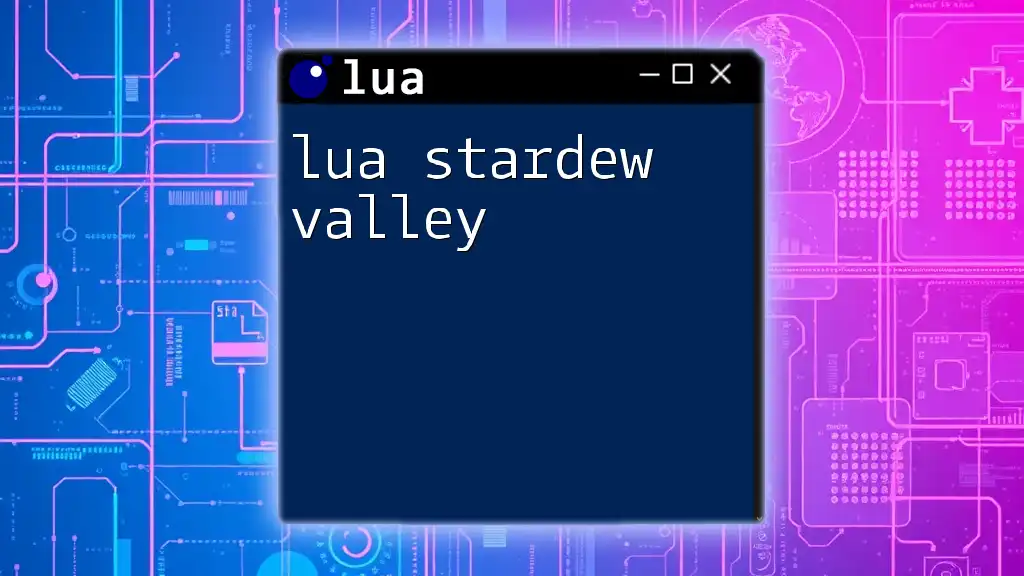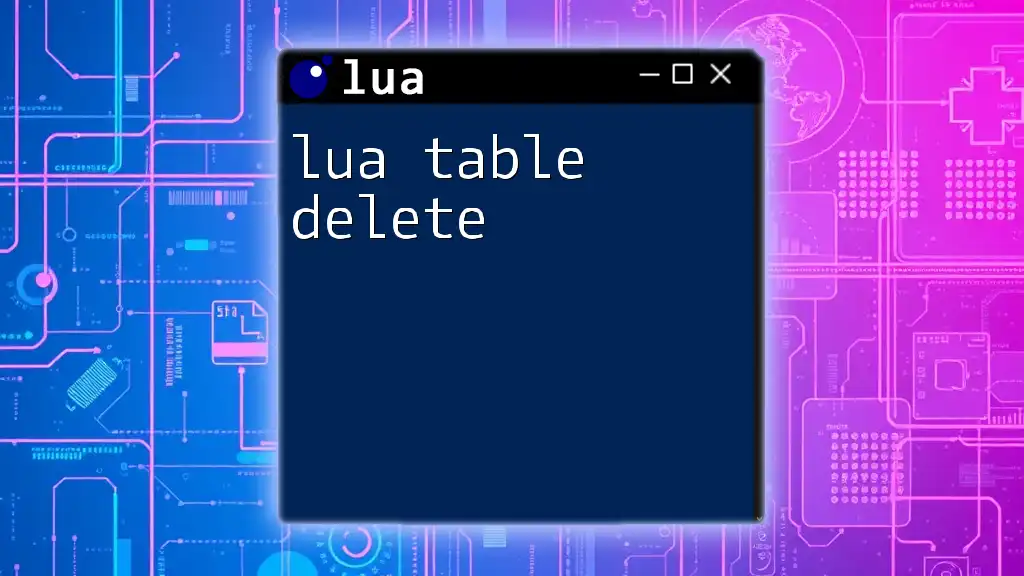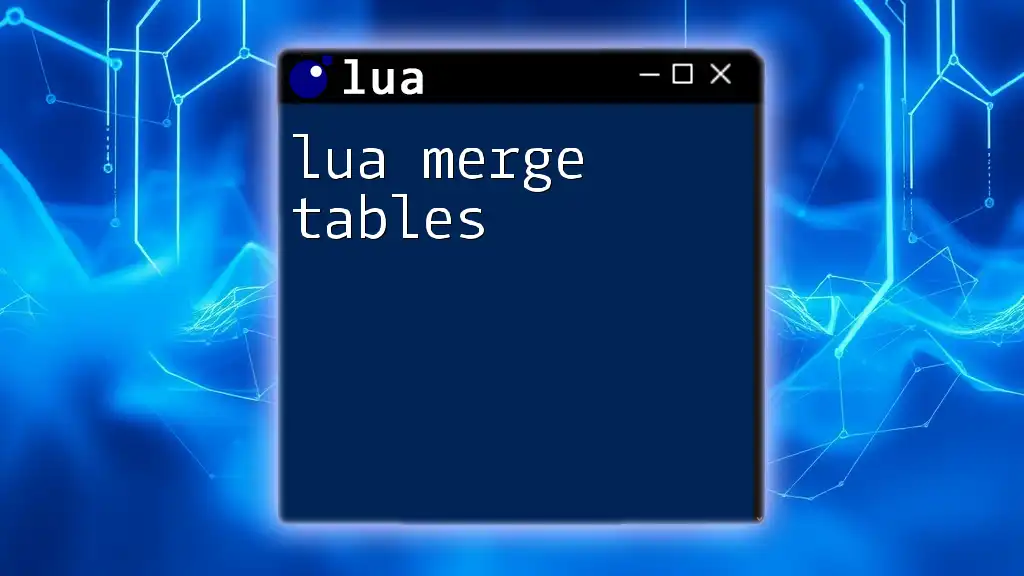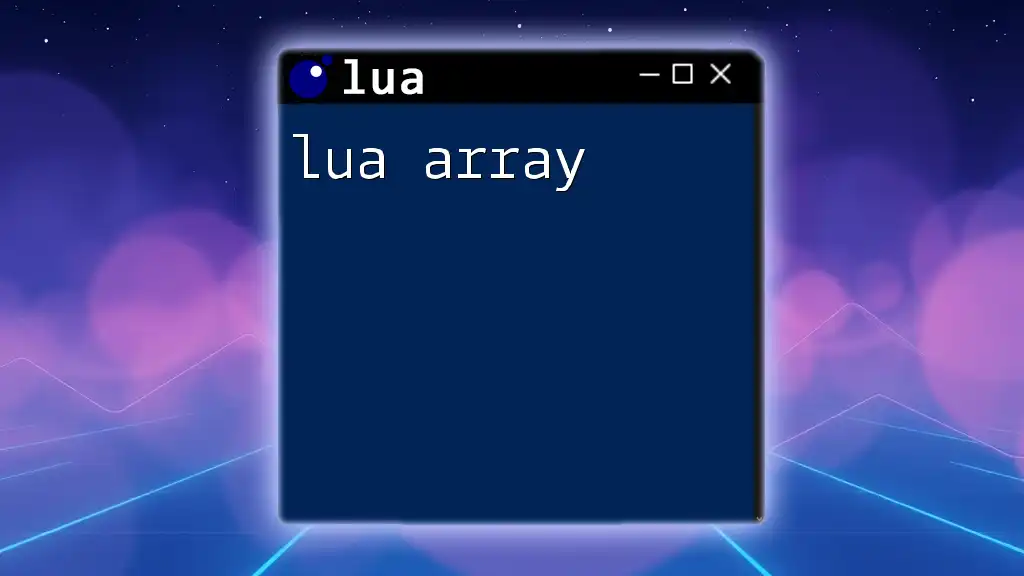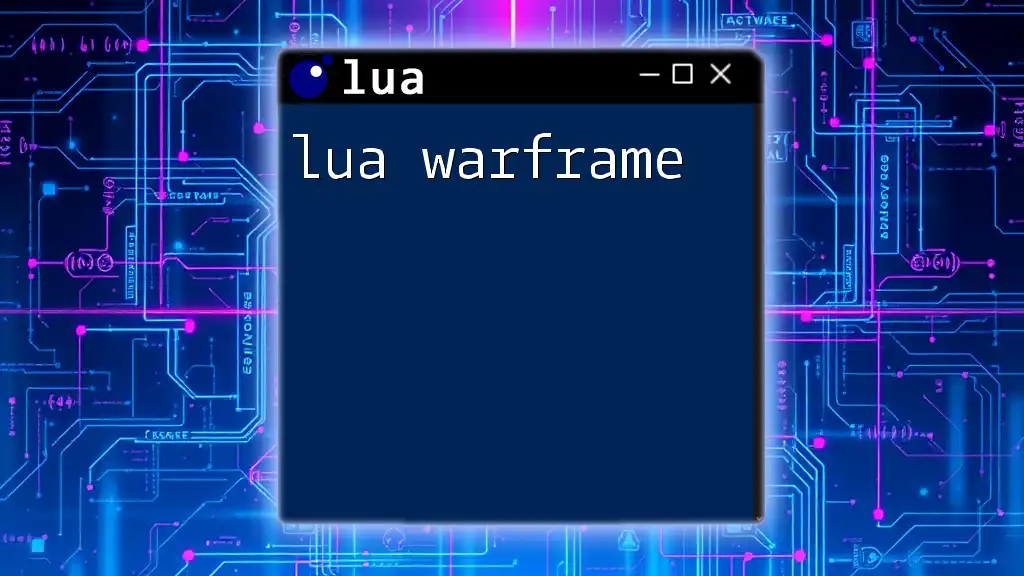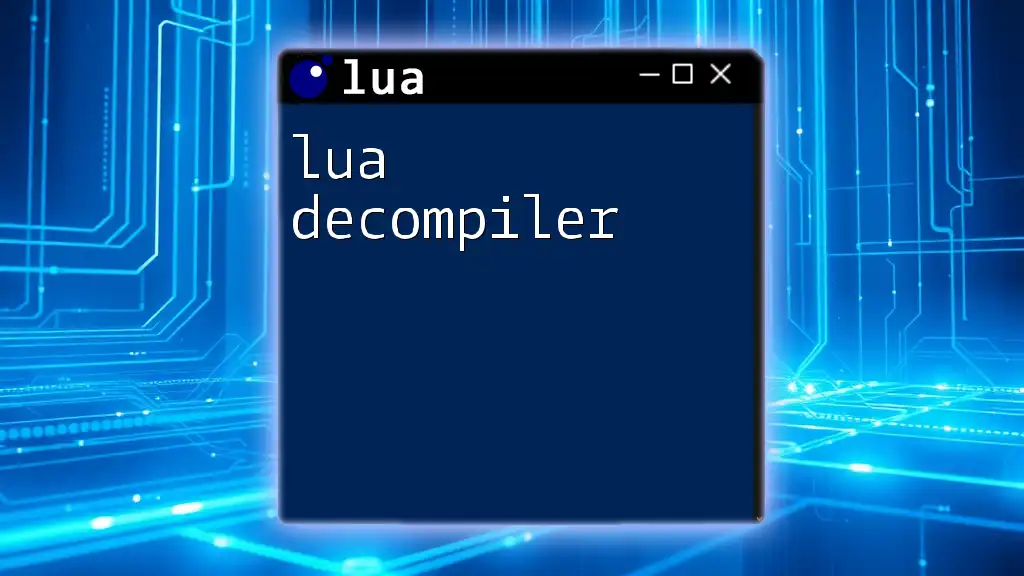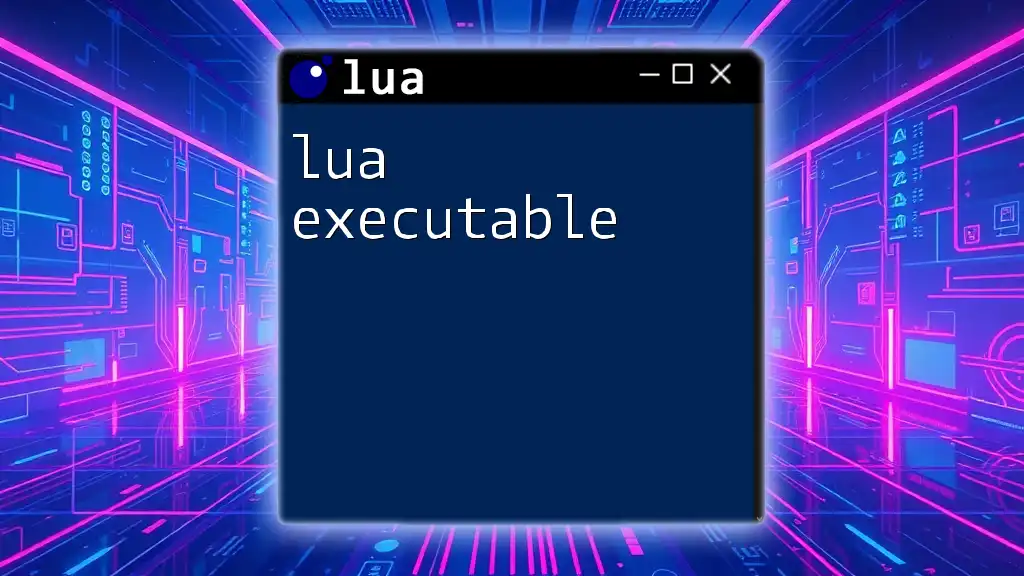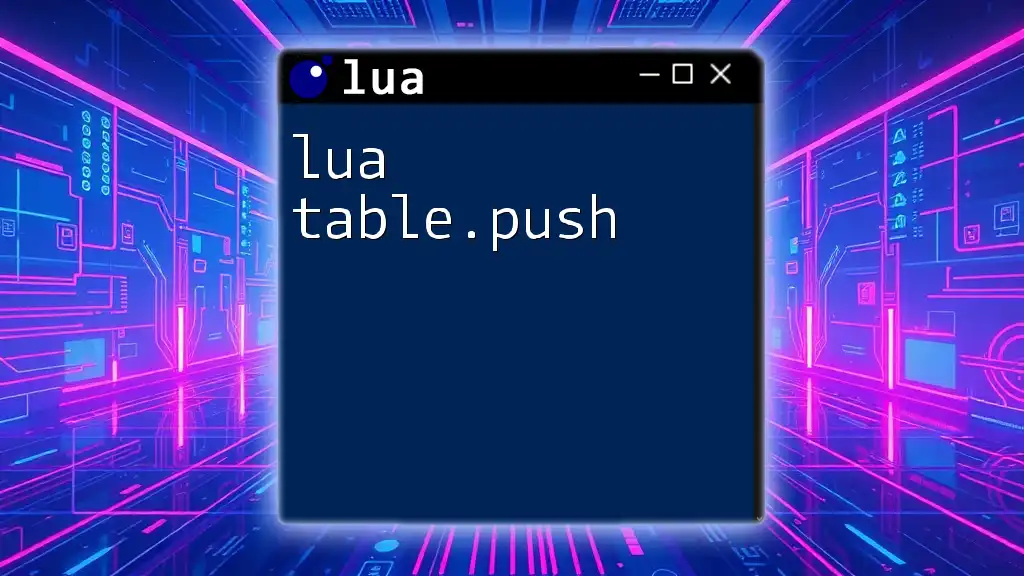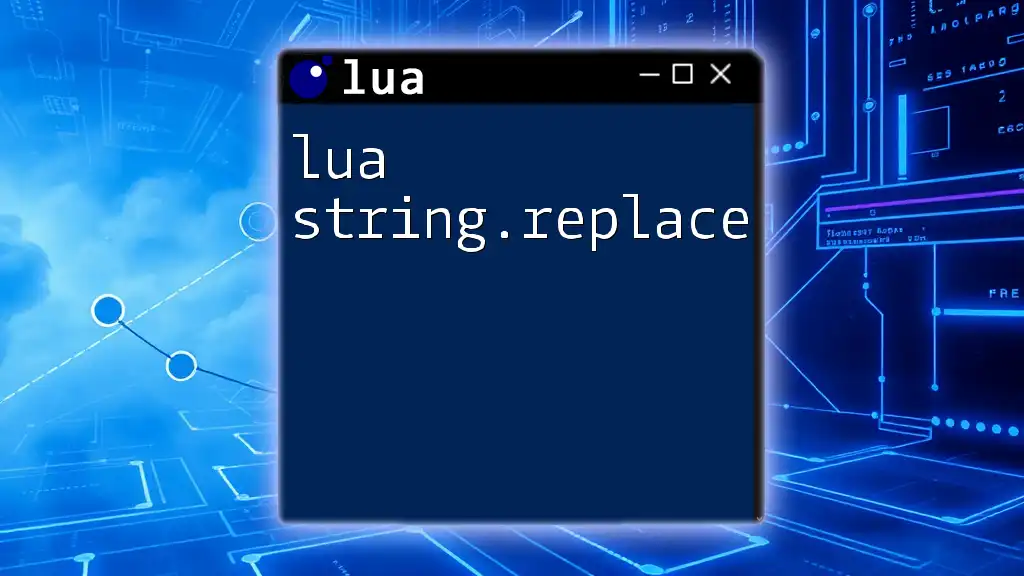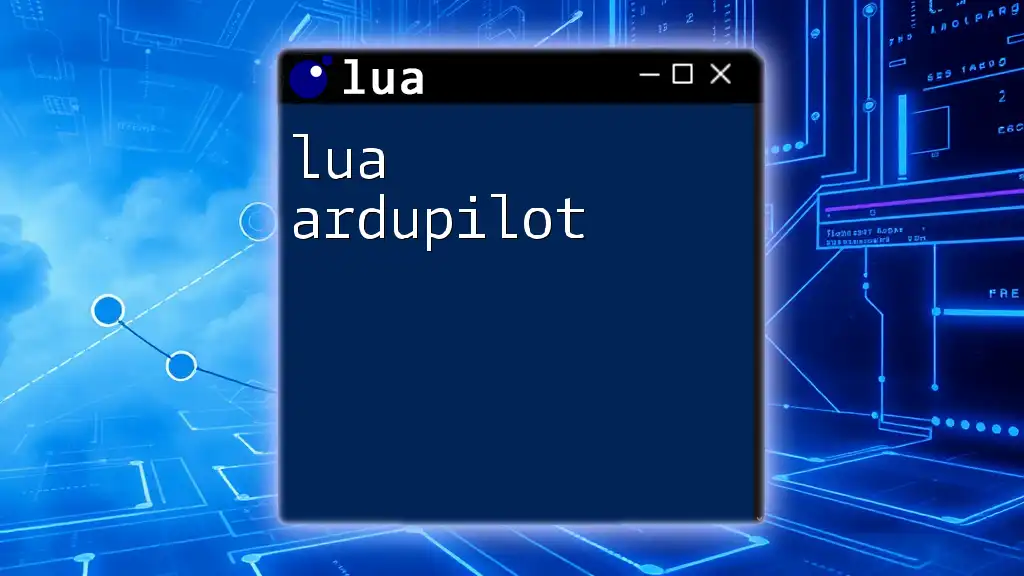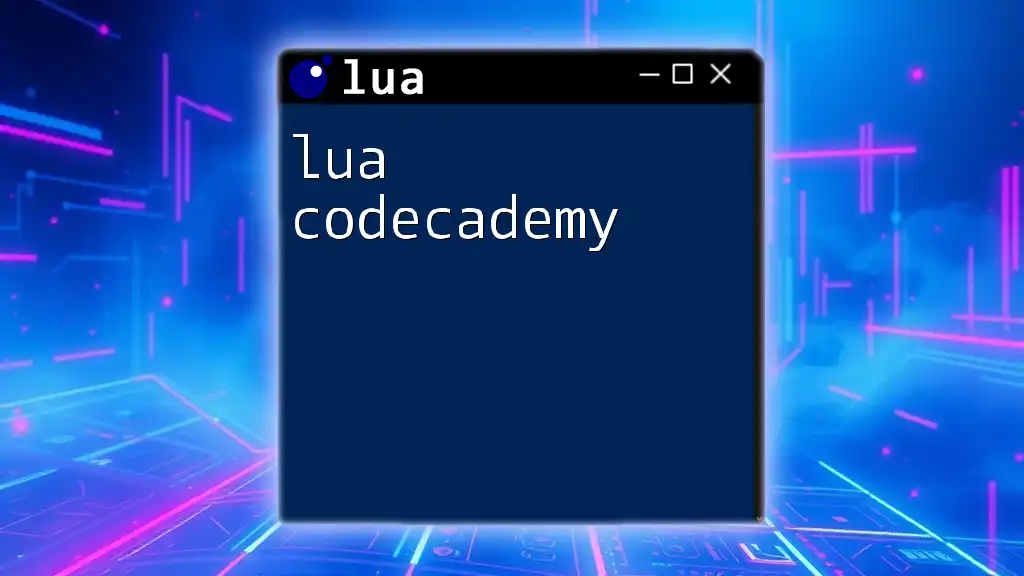In "Stardew Valley," Lua commands can be used to create custom mods and manipulate game mechanics for enhanced gameplay experiences. Here's a simple code snippet to change the player's money in Lua:
Game.Player:addMoney(1000) -- Add 1000 gold to the player's current balance
Understanding Lua in Stardew Valley
The Role of Lua in Modding
How Does Lua Work in Stardew Valley?
Lua serves as the backbone of modding in Stardew Valley, empowering creators to interact with the game's mechanics and features. When players install a mod, they are essentially incorporating Lua scripts that alter, extend, or enhance the game's functionality. The scripts can influence almost every aspect of the game, from the behavior of NPCs to the mechanics of crops and weather systems.
Benefits of Using Lua for Modding
Lua provides a high degree of flexibility, allowing modders to easily implement changes without wading through complex codebases. It is concise and powerful, which means even simple scripts can have profound effects. Additionally, Lua's straightforward syntax makes it accessible for those new to programming. This accessibility encourages creativity and experimentation, enabling anyone to contribute to the community.
Basic Lua Commands
Lua Syntax and Structures
Understanding the basic syntax of Lua is crucial for effective scripting. Lua uses a straightforward structure, making it easy to read and write. Here’s a brief overview of essential components:
- Variables: Used to store data.
- Data Types: Lua supports several data types, including numbers, strings, and tables.
- Control Structures: This includes conditional statements (if-else) and loops (for, while).
For example, here’s how you can declare a variable and print it:
local exampleVariable = "Hello, Stardew!"
print(exampleVariable)
This simple script introduces the primary elements of Lua while demonstrating the ease of outputting text to the console, which is vital for debugging.
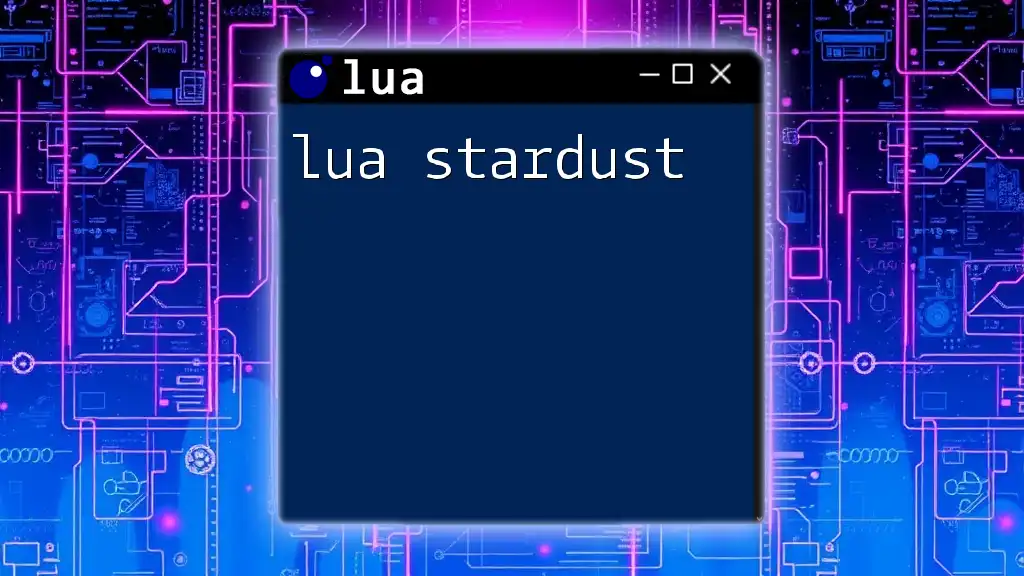
Getting Started with Lua Mods in Stardew Valley
Setting Up Your Modding Environment
Installing Necessary Tools
Before diving into coding, it's essential to set up a proper modding environment. You will need tools such as SMAPI (Stardew Modding API) and possibly Content Patcher for more advanced mods. Here’s a quick guide on how to install these tools:
- Download the SMAPI installer from the official website.
- Run the installer and follow the on-screen instructions to set it up with your Stardew Valley installation.
- For Content Patcher, download it from the modding site and place it in the "Mods" folder created by SMAPI.
Creating Your First Lua Script
Basic Structure of a Lua Script
Once your tools are installed, it's time to create your first Lua script. A Lua file typically starts with a header comment to explain what the script does. Below is an example of a script that modifies the growth rate of crops:
-- This script increases the growth rate of all crops
function onCropGrowth(crop)
crop.growthRate = crop.growthRate * 1.5
end
Events.OnCropGrowth.Add(onCropGrowth)
In this script, the `onCropGrowth` function modifies the growth rate of crops by multiplying it by 1.5. By hooking into the `Events.OnCropGrowth`, this change takes effect whenever a crop's growth period completes, making your farming experience a bit speedier!
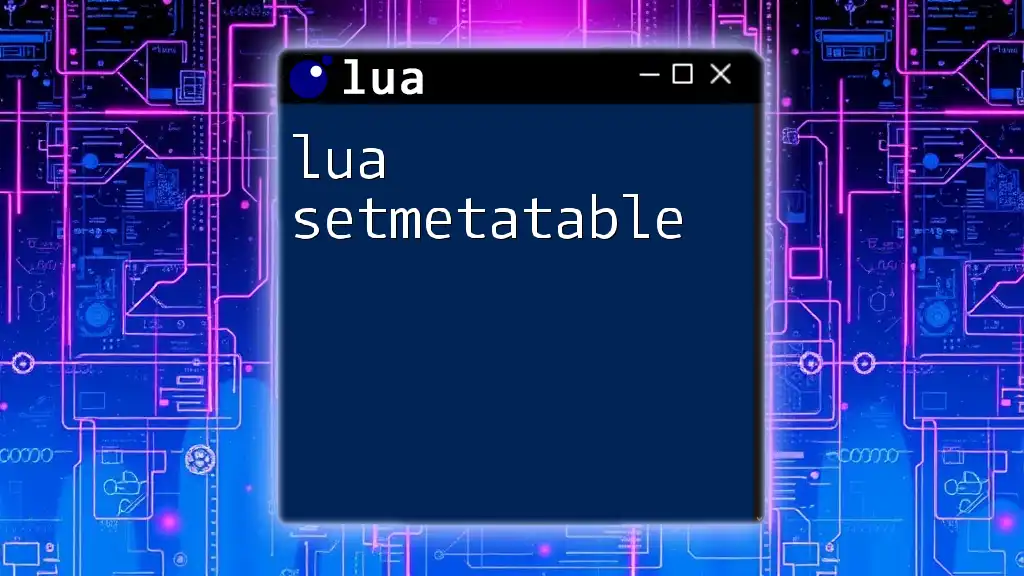
Intermediate Lua Concepts in Stardew Valley
Customizing Game Events
Listening for Game Events
Stardew Valley has numerous events that modders can tap into, such as player actions, season changes, and item interactions. This allows for rich, interactive experiences.
To listen for specific events, you can use the `Events` API provided by SMAPI. For instance, if you want to execute a function every time the player completes an action, you might do something like this:
Events.GameLoop.UpdateDay.Add(function()
print("A new day has started in Stardew Valley!")
end)
This example prints a message every time a new day begins, allowing you to set up more existing functionalities or give hints to players.
Manipulating Game Objects
Accessing and Modifying Game Objects
Lua scripts can directly interact with various game objects. You might want to change player attributes or create dynamic interactions.
For example, altering a player's hairstyle can be done with a simple function:
local player = Game1.player
player.changeHairStyle(1) -- Changes the player's hair to style 1
This code snippet shows just how easy it is to customize a player's appearance, contributing to a more personalized gameplay experience.
Crafting and Items
Creating Custom Crafting Recipes
One of the more engaging aspects of modding is creating new crafting recipes. By introducing items and functionalities, you enrich the gameplay further. Here’s how you might create a custom crafting recipe called "Magic Brew":
local function addCustomCraftingRecipe()
CraftingRecipe("Magic Brew", {}, { "Water", "Fairy Dust" }, 1)
end
addCustomCraftingRecipe()
This snippet demonstrates registering a new crafting recipe using the `CraftingRecipe` function, which takes the recipe's name, requirements (in this case, "Water" and "Fairy Dust"), and an identifier.
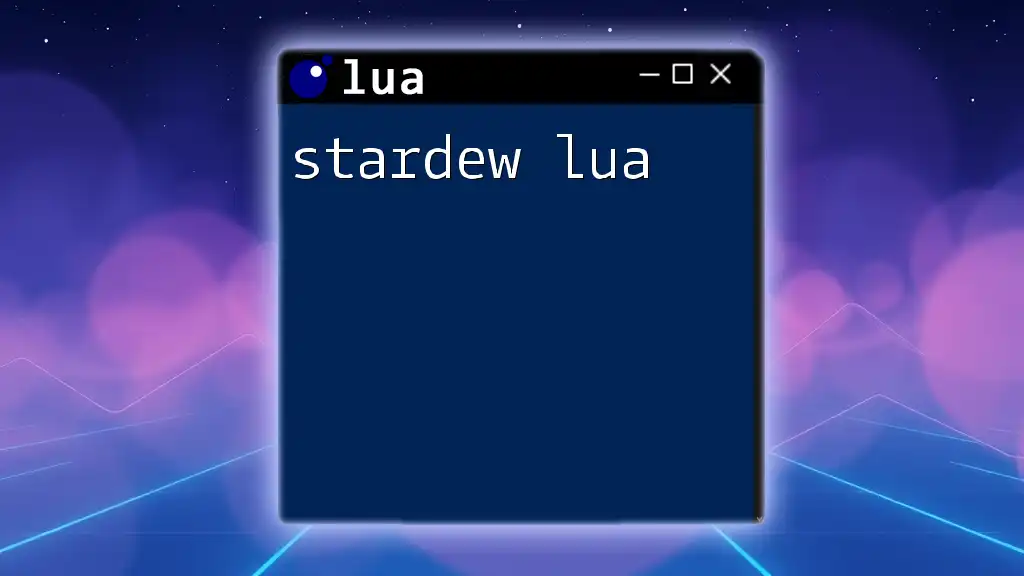
Advanced Lua Techniques for Stardew Valley
Creating Complex Interactions
Working with APIs
To truly expand what your mod can do, you'll want to familiarize yourself with Stardew Valley’s API documentation. This will open up opportunities to create intricate interactions, such as custom dialog with NPCs or unique seasonal events.
For creating NPC interactions, you might employ a function like this:
local function customDialog()
Game1.dialogueManager:ShowDialogue("Hello, welcome to my farm!")
end
Events.AfterLoad.Add(customDialog)
This script creates a custom dialog when the game finishes loading, enhancing the interactive storytelling experience.
Error Handling in Lua Scripts
Common Errors and Debugging Techniques
As with any coding endeavor, you may encounter errors. Lua's simplicity generally makes debugging easier, but you should still familiarize yourself with common traps, such as attempting to access a method on an object that doesn't exist.
Utilize logging to monitor your script:
print("This is a debug message")
Inserting print statements can help clarify where your script might be misbehaving.
Performing Optimizations
Best Practices for Efficient Lua Scripts
Efficient code is crucial for maintaining smooth gameplay. Avoid unnecessary loops and always test your scripts for performance impacts. Below is an example showing how poor coding can affect performance:
-- Poor version
for i = 1, 1000 do
if gameObject[i] then
-- Do something
end
end
-- Optimized version
for _, obj in ipairs(gameObject) do
if obj then
-- Do something
end
end
The optimized version avoids repeatedly referencing game objects, which can lead to performance gains in larger scripts.
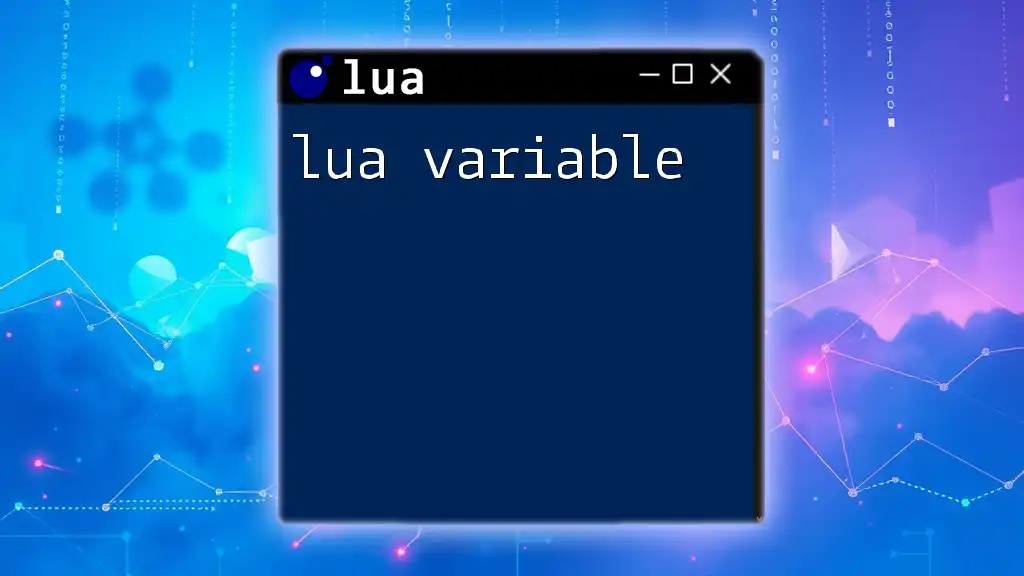
Sharing Your Mods with the Community
Packaging Your Mod
How to Package Your Lua Mod for Distribution
Once your mod is complete, you must package it correctly for others to use. Ensure to include a README file that explains your mod’s functionality and any dependencies required. Follow these steps for proper packaging:
- Create a folder for your mod.
- Place your Lua scripts and any relevant assets inside this folder.
- Compress this folder into a zip file for easy distribution.
Promoting Your Mod
Engagement with the Stardew Valley Community
Once your mod is ready, consider sharing it on platforms like Nexus Mods or modding forums. Engaging with players and other modders can yield valuable feedback and improve your mod over time. Always encourage users to report bugs and share their experiences!

Conclusion
With this comprehensive guide, you now have a foundational understanding of how to use Lua to enhance Stardew Valley. The potential of Lua in the Stardew Valley ecosystem provides endless opportunities for creativity and technical growth. Whether you're altering crop growth rates or creating rich NPC dialogues, diving into Lua scripting opens up a world of engaging gameplay experiences. So, gather your tools, and start crafting your unique mods!
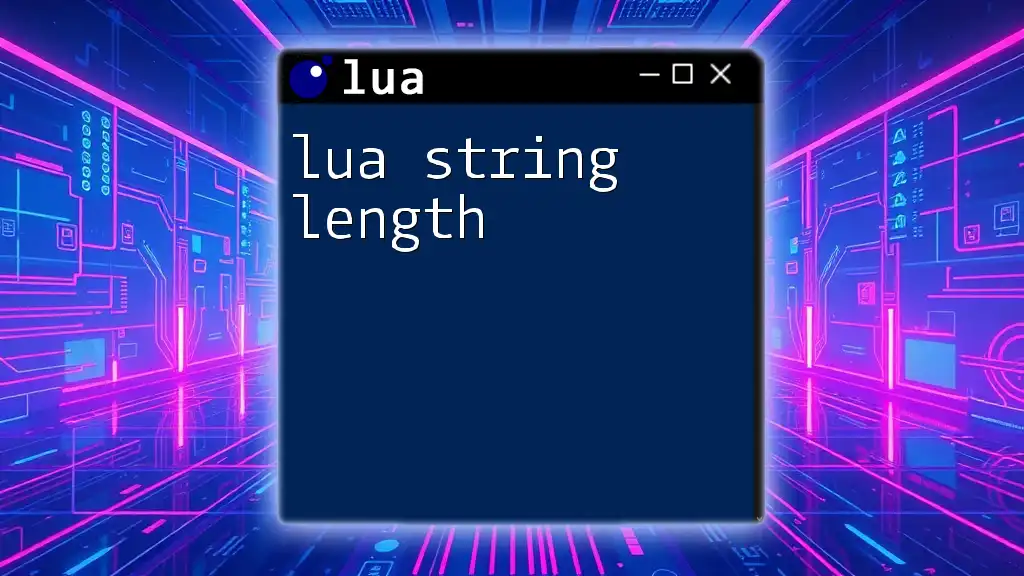
Additional Resources
For further learning and community support, consider checking out:
- Documentation: Detailed API documentation on Stardew Valley’s official forums.
- Tutorials: Online resources and video tutorials focused on Lua in Stardew Valley.
- Community Forums: Engage with fellow modders for feedback and collaboration.
With these resources at your disposal, you can continue to grow your skills in Lua and enrich the Stardew Valley experience for yourself and others. Happy modding!

